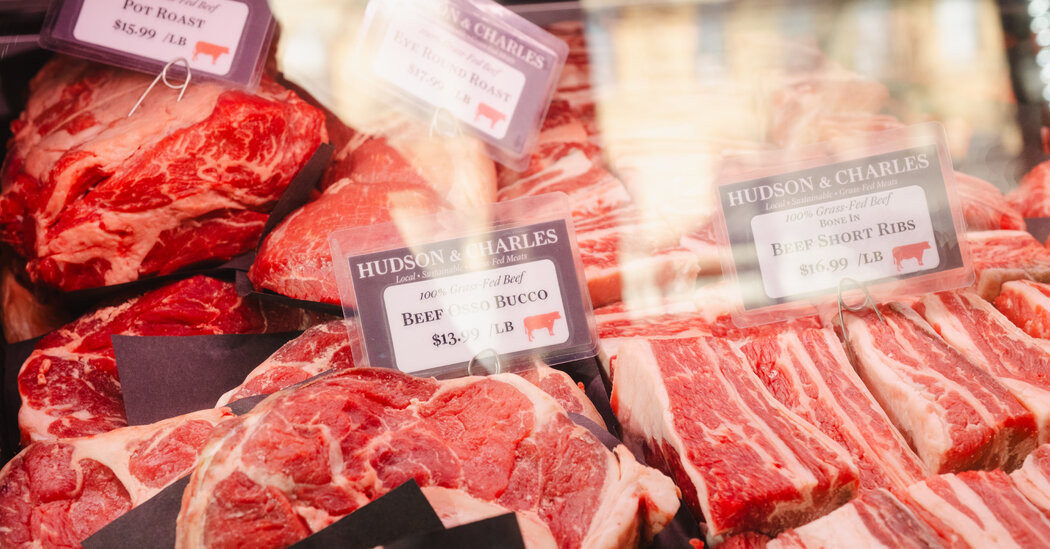

Boeing and big American food producers could end up in the cross-hairs if the bloc follows through on its threat to impose new tariffs on more American goods.
The European Union on Thursday announced a plan to ramp up the pressure on the United States in hopes of prodding the Trump administration toward serious trade negotiations.
The European Commission, the executive arm of the European Union, announced two major steps that it could take to hit back. Officials laid out 95 billion euros, or $107 billion, worth of goods that they could target with higher tariffs in retaliation to the duties that the United States has announced or imposed. They also said that the bloc would start a World Trade Organization dispute against the United States on both across-the-board tariffs and on duties on cars and car parts.
Neither measure will take effect immediately. Instead, European governments will spend the next month consulting on the list of American products that it could hit with higher tariffs. The proposed list includes some agricultural products, such as soybeans, meats, and bourbon, along with manufactured goods that include sewing machines, airplane parts and car parts. It could also curb Europe’s own exports of key chemicals used in food processing, along with scrap metal.
The European Union did not announce what the tariff rates on those products would be. But if it follows through on its threat, Boeing could be among the companies hit, a senior European official acknowledged. American food companies could also be affected.
By laying the groundwork to retaliate against the United States, the European Union is creating a clear-cut threat that will hang over the Trump administration. European officials still hope to negotiate to avoid lasting tariffs, but no clear solution is in sight, even as the Trump administration prepared to announce a trade agreement with Britain on Thursday afternoon.
“We believe there are good deals to be made for the benefit of consumers and businesses on both sides of the Atlantic,” Ursula von der Leyen, president of the European Commission, said in a statement announcing the plan. “At the same time, we continue preparing for all possibilities, and the consultation launched today will help guide us in this necessary work.”